Copyright © 2022 Peking University School of Transnational Law.

2020-10-28 Views: 1
The 9thannual Hong Kong Arbitration Week (the “Week”) concluded on Friday 23 October 2020. The Week was a hybrid of in-person and virtual attendance, providing a chance for students with limited mobility on campus to attend. In collaboration with STL’s Students Union, this flagship event attracted nearly one hundred students.
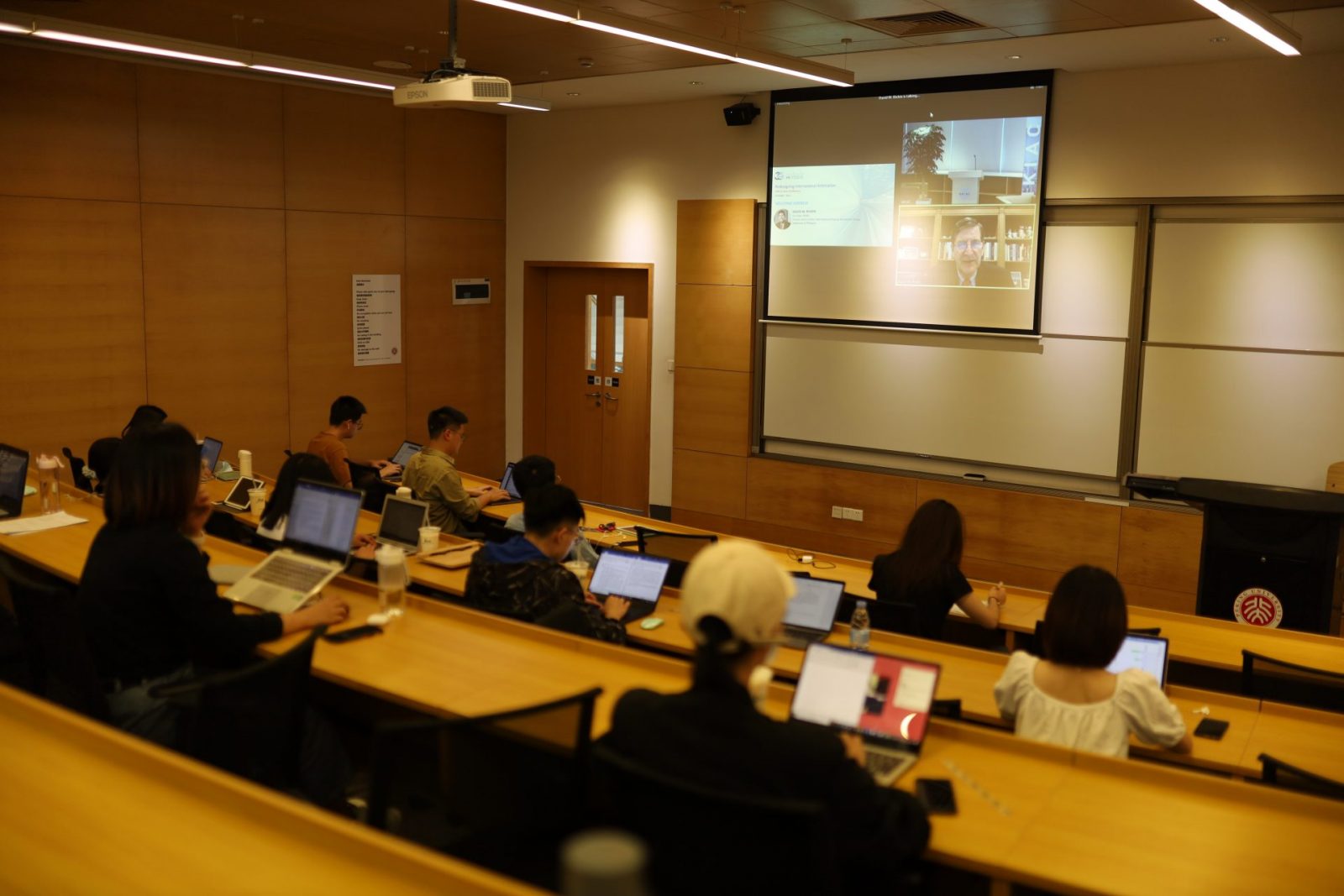
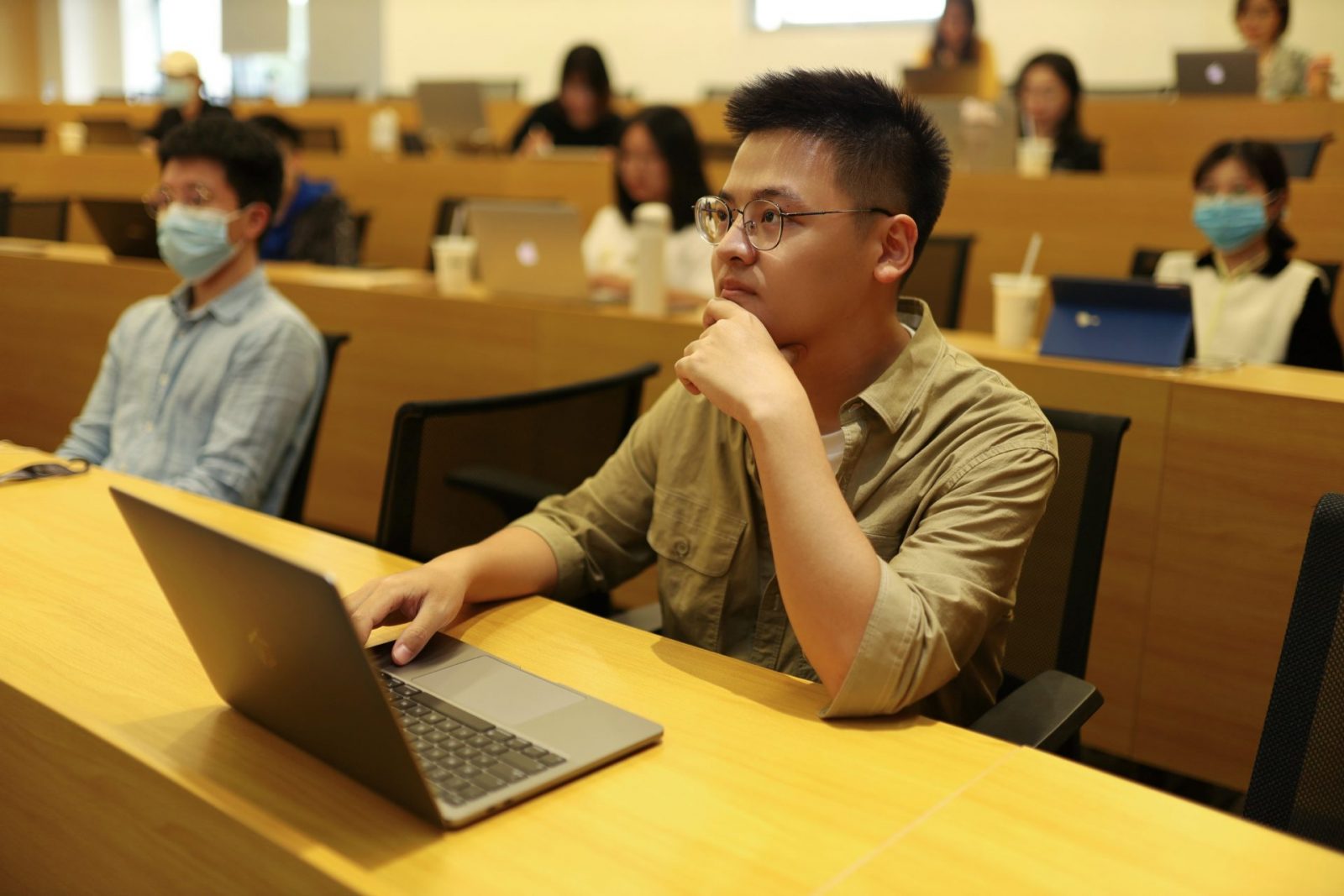
One of the seminars, titledRecent Breakthroughs for Arbitration in Mainland China, discussed the seat of arbitration and related enforcement issues. It also discussed issues that arise when the arbitration is seated in Mainland China.
The attendees included Supreme People’s Court (the “SPC”) judges, lawyers, and arbitrators. Two SPC judges shared their experiences and opinions, indicating that arbitration was an important field in Mainland China. They also noted how the Interim Measure Arrangement resulted in an increasing number of clients choosing arbitration organizations in Hong Kong and selecting Hong Kong as the arbitration seat.
Another seminar, titledADR in Asia Conference-Redesigning International Arbitration,was divided into two parts. The first covered matters such as US-China relations, managing business disputes in today’s China, Cybersecurity in arbitral proceedings, and virtual hearings at HKIAC. The second covered Hong Kong’s role in international arbitration, diversity in arbitration, greener arbitration, and the future of Asia’s financial hub. One of the arguments put forth in this seminar was that US-China relations played an important role in world-wide economic development. The seminar also explored the effect of the coronavirus pandemic on arbitration proceedings arguing that, even though the Internet proved to be a convenient tool for those proceedings, it also gave rise to some security and transparency problems.
STL professorMark Feldmanshared his views in the session of US-China Relationship: Challenges and Opportunities. He focused on two recent multilateral international treaties,the Regional Comprehensive Economic Partnership(RCEP) andthe Comprehensive and Progressive Agreement for Trans-Pacific Partnership(CPTPP), coupled with the introduction of the One Belt, One Road initiative and the Asian Infrastructure Investment Bank. Professor Feldman observed that there is going to be a greater regional integration of the Asian economy. He contrasted this with the decoupling of the US-China relationship and how both countries are intervening more in global business through tariffs and national security legislation, noting that there will be short-term challenges and longer-term opportunities in that relationship, particularly with respect to economic interdependence. The business community would have to learn how to balance these tensions.
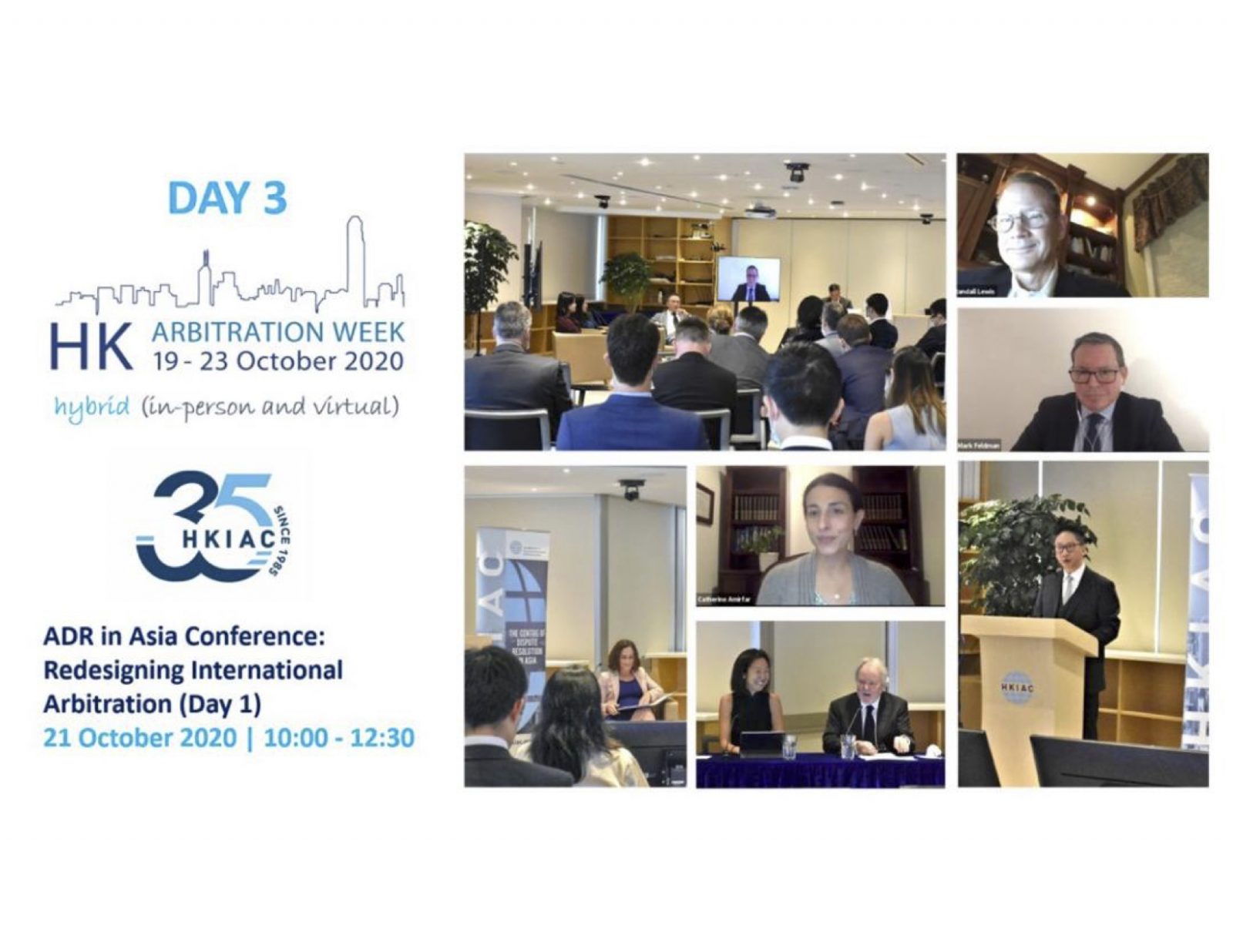
STL students said they truly appreciated attending the event as it allowed them to be fully immersed in conversations about timely arbitration issues, which in turn piqued their interest in the field.
Writer: Gan Shuming
June 29, 2024
June 20, 2024
June 20, 2024
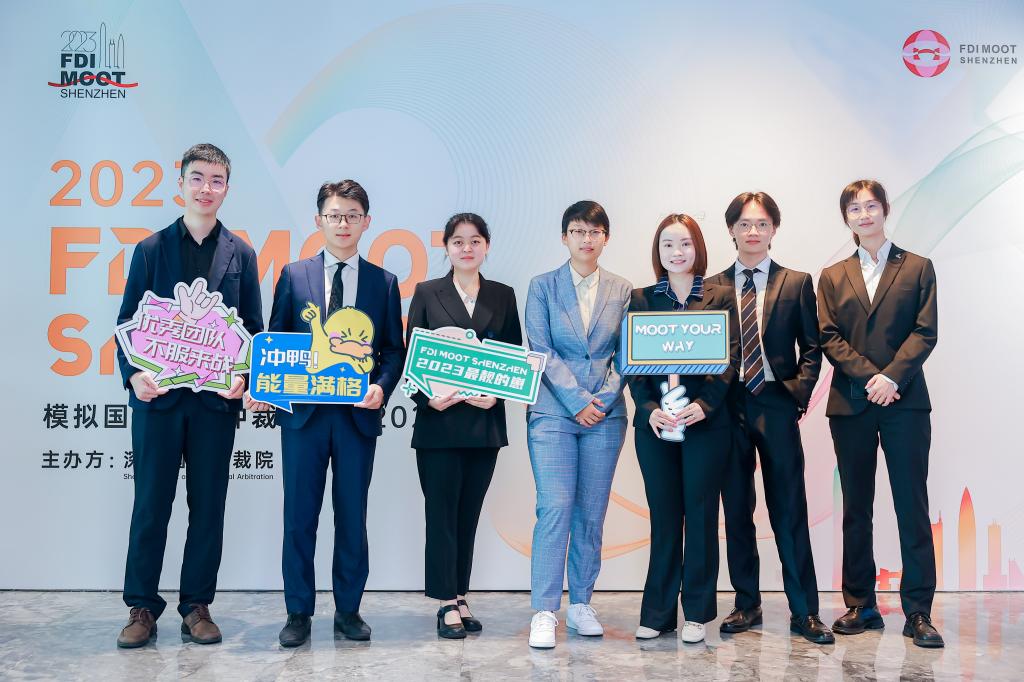
June 20, 2024
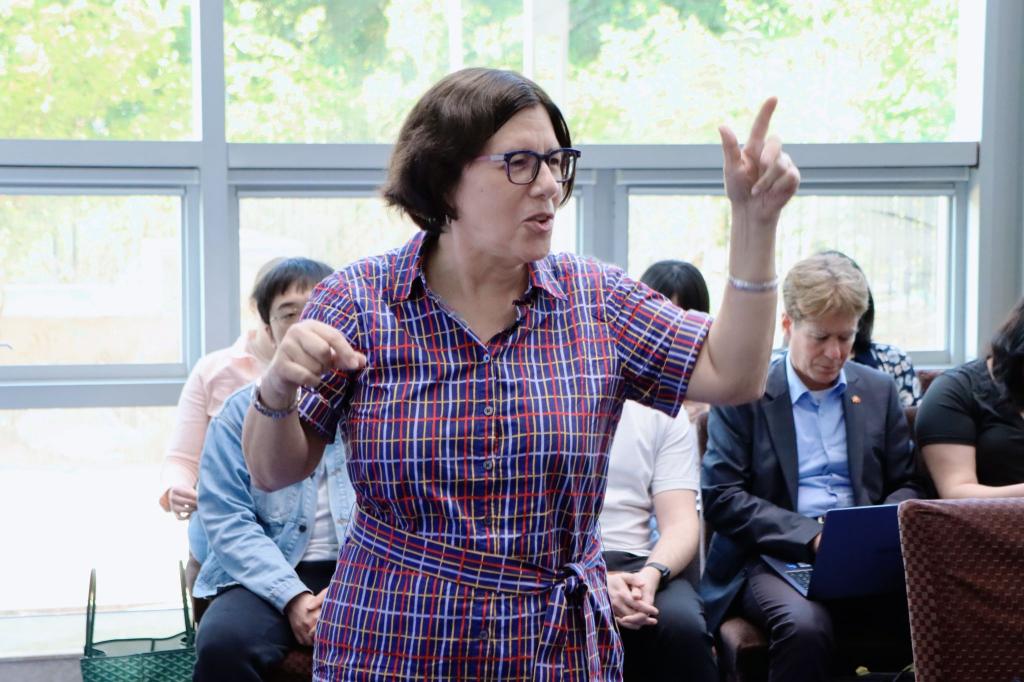
June 19, 2024